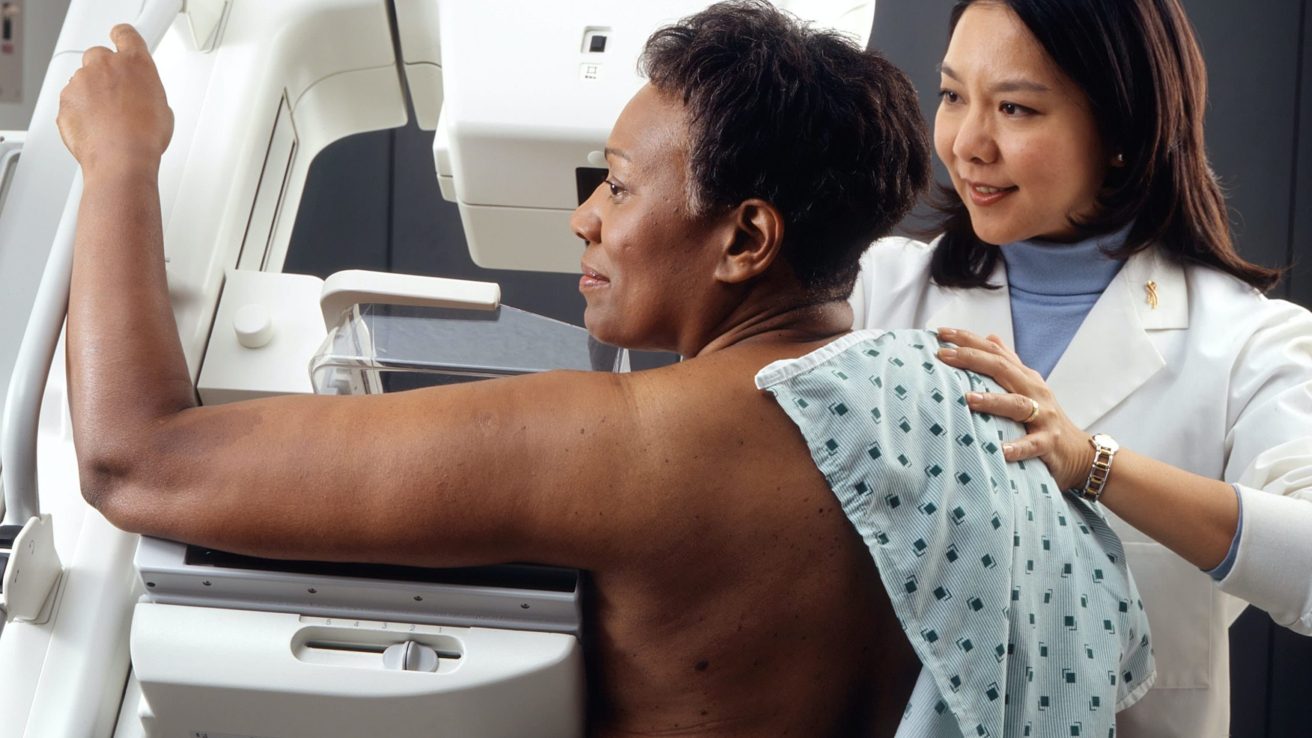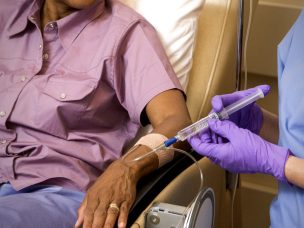There are disparities in the level of care and accessibility to care for people with African Ancestry (AA). A research study presented at the 2020 San Antonio Breast Cancer Symposium are finding a correlation between a patient’s ancestry and the biological drivers of breast cancer. Individuals with African Ancestry experience a disproportionally high rate of triple negative breast cancer (TNBC) and worse outcomes than European-Ancestry (EA) patients. To further understand this disparity, researchers at the University of Chicago examined breast tumor heterogeneity and mutation spectrum to determine any difference based on genomic and transcriptomic sequencing of breast tumors for comparison between AA and EA patients according to breast cancer molecular subtypes.
The study included 221 AA and 341 EA participants. Samples were collected for the Tempus xT next- generation sequencing panel. Next the researchers viewed the samples for DNA-panel and whole-transcriptome RNA-sequencing. With this information there was a comparison of gene mutation rates, homologous recombination deficiency (HRD) scores, degree of immune infiltration and tumor mutational burden (TMB) between ethnicities and molecular subtypes. Results showed EA TNBC, AA TNBC tumors exhibited higher mutation rates in TP53 (94% vs 86%), KMT2C (17% vs 9%), APOB (19% vs 10%), BRCA2 (11% vs 5%), EP300 (8% vs 2%), NOTCH1 (12% vs 4%), and EGFR (11% vs 4%). On the Contrary, AA TNBC tumors had relatively lower rates of PIK3CA (10% vs 18%), RB1 (8% vs 15%), and NF1 (5% vs 11%) mutations. Among patients with HR+/HER2- breast cancer, AA tumors had higher mutation rates in CCND1 (23% vs 10%) and FGF3 (16% vs 10%) than EA tumors, but lower rates in TP53 (32% vs 39%). HRD scores were higher in TNBC and HR- /HER2+ tumors compared with the other subtypes. In conclusion, based on the genomic and transcriptomic sequencing of breast tumors there is significant data identifying differences of the mutation spectrum in TNBC and HR+/HER2- breast cancers in AA and EA patients. Ultimately, the study showed unidentified pathways and molecular phenotypes of aggressive disease.
Minoru Miyashita 1, Joshua SK Bell2, Yonglan Zheng 1, Toshio Yoshimatsu 1, Padma Sheila Rajagopal1, Anna Woodard 1, Jean Baptiste Reynier1, Elisabeth Sveen 1, Galina Khramtsova 1, Fang Liu 1, Abiola Ibraheem1, Gini Fleming 1, Nora Jaskowiak 1, Rita Nanda 1, Benjamin Leibowitz 2, Nike Beaubier2, Kevin White 2, Dezheng Huo 1 and Olufunmilayo I Olopade 1. 1The University of Chicago, Chicago, IL;2Tempus Inc, Chicago, IL










